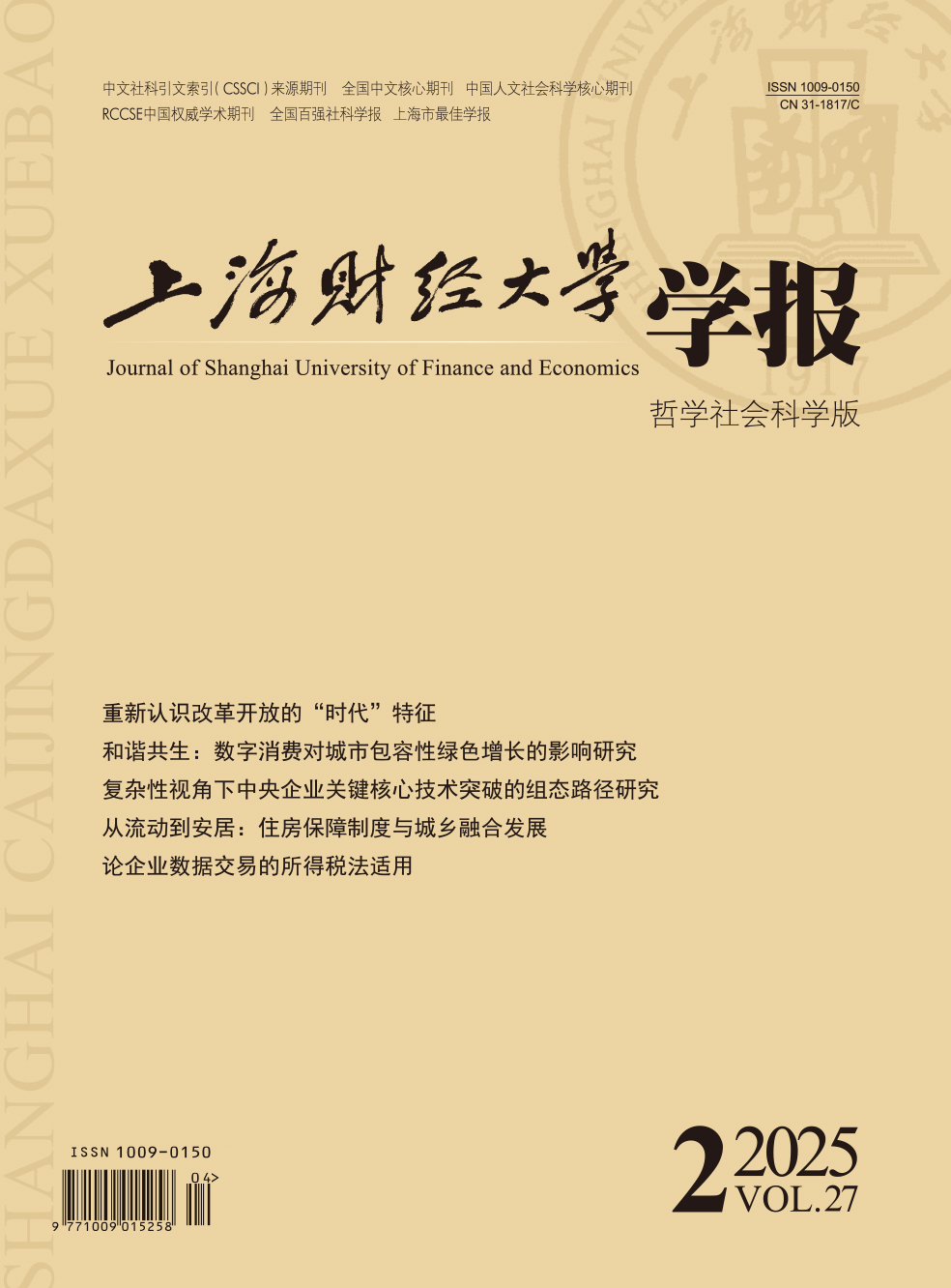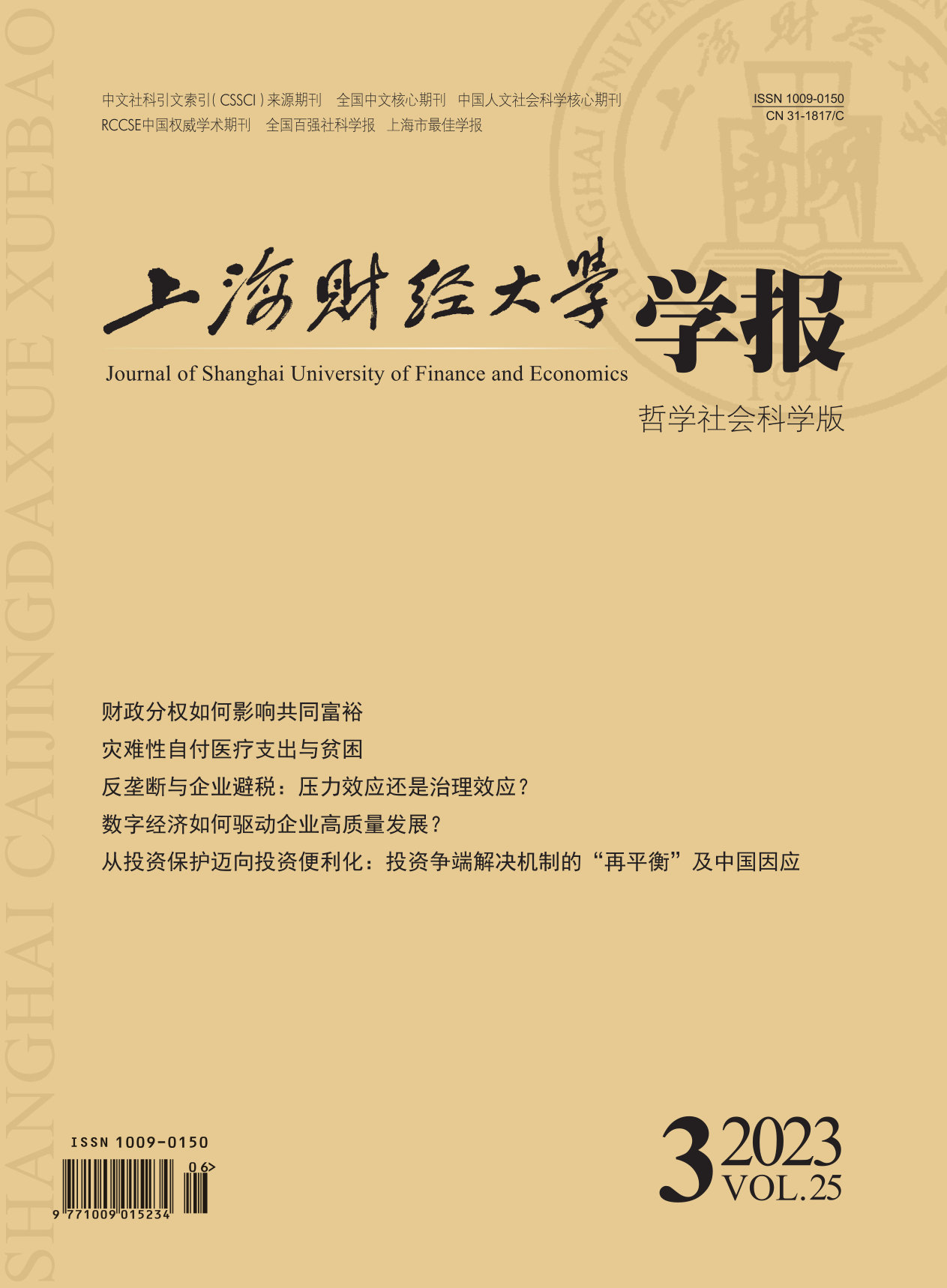Financial support is indispensable to broaden the channels for rural residents to increase their income and wealth, improve the common degree of rural residents’ prosperity, and achieve common prosperity. As a special human capital, financial literacy plays an important role in optimizing investment and financing decisions and increasing residents’ property income. With the rapid development and widespread application of internet technology, the convenience and services brought by financial digitization are increasingly benefiting long-term groups such as farmers. Digital financial literacy is becoming a prerequisite for the effective use of digital financial services.
Based on the data of China Household Finance Survey (CHFS) in 2017 and 2019, this paper selects representative indicators to measure the level of the common prosperity of farmers and rural areas from the two levels of overall prosperity and shared prosperity, and applies the two-way fixed effect model to empirically test the impact of digital financial literacy on the common prosperity of farmers and rural areas. The results show that, digital financial literacy can significantly promote the common prosperity of farmers and rural areas, and it has a more significant promoting effect on the overall prosperity of rural residents. Mechanism analysis shows that, digital financial literacy can promote the common prosperity of farmers and rural areas by improving their entrepreneurial level and increasing social capital. Further research finds that, the construction of digital infrastructure and the popularization of digital tools have a boosting effect on digital financial literacy to promote the common prosperity of farmers and rural areas.
Thus, improving digital financial literacy can help to achieve the long-term goal of common prosperity. Specifically, regular education and training on financial knowledge and skills for rural residents should be strengthened to cultivate their digital financial literacy; farmers’ awareness of financial risk prevention should be cultivated and enhanced to increase entrepreneurial income; rural residents should be encouraged to engage in financial information exchange to expand social capital; the construction of rural digital infrastructure should be improved and the popularization of digital tools should be accelerated to bridge the digital divide.





 5634
5634  6366
6366

